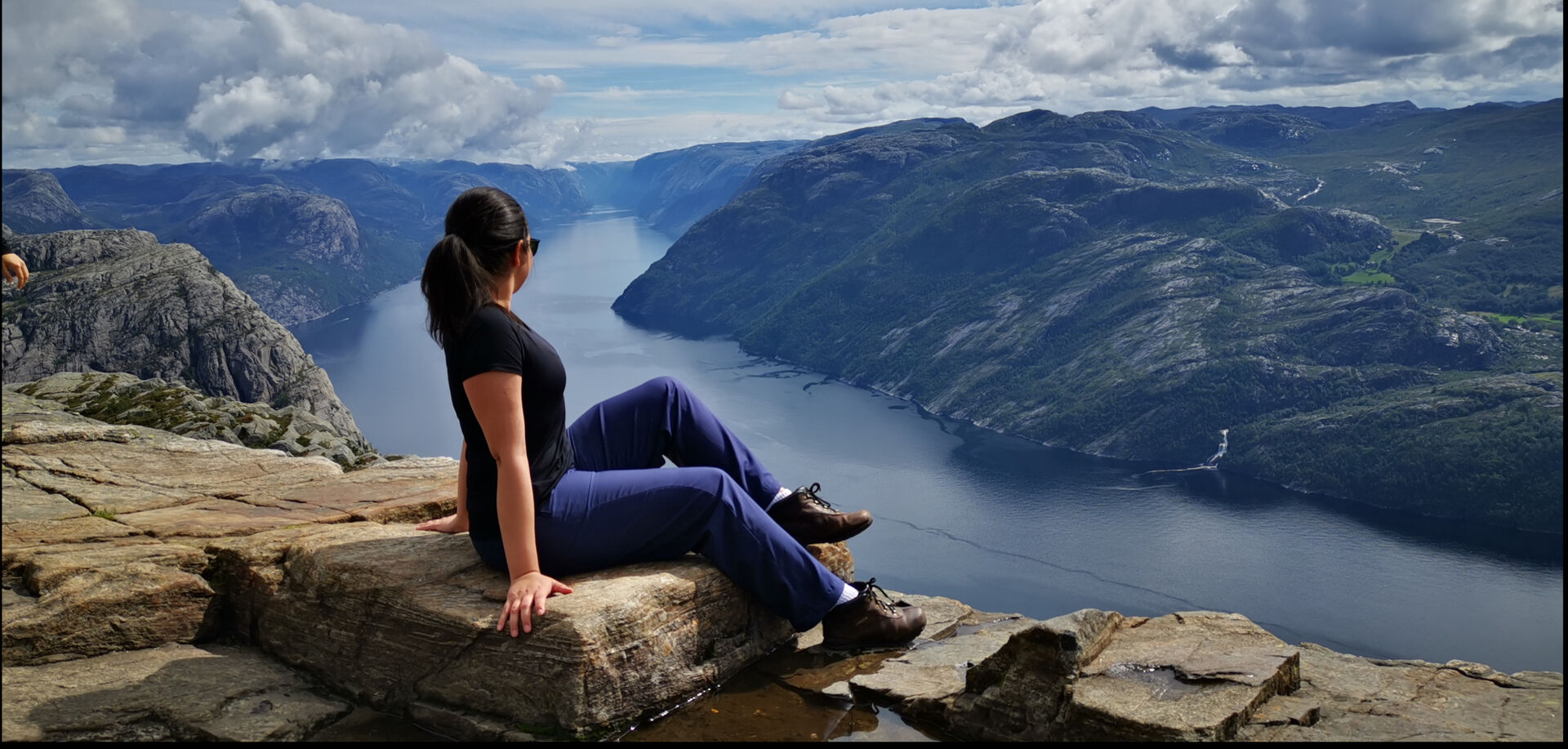It is no coincidence that Oslo, became the destination for visiting scholar Louise Morais Dornelas Figueira, since the lab of Professor Fernanda Petersen represents one of the finest and most advanced scientific labs regarding research related to antimicrobial resistance.
Louise is visiting The University of Oslo as part of her PhD. She started her PhD at School of Dentistry at Piracicaba in Brazil, and she is travelling through the RESISPART exchange programme, funded by the INTPART programme of the Norwegian Research Council and the CAPES Foundation in Brazil.
Antibiotic resistance and fungi species
- I am looking forward to better understand the relationship between Candida species and the use of antibiotics. Although bacterial are the primary targets of antibiotics, fungal species that are also present in the human body, can be affected by mechanisms that are still poorly understood. We aim to evaluate whether antibiotics can increase or decrease the fungal resistance, and if it can alter virulence and the growth.
Louise is a dentist who focuses on microbiology studies, mainly regarding Candida spp., a group of yeast species that colonizes the oral cavity that can often lead to fungal infections.
A multi drug resistance fungus species
- I study the most prevalent yeast species in the oral cavity, Candida albicans. It is the species that is most strongly related to denture stomatitis (inflammations in the mouth). Also, in the face of resistance to antibiotics, the emergence of other microorganisms that can cause bloodstream infections has been an alarming fact, Louise said.
- That’s why we are also starting a new project with Candida auris, added Prof Petersen, who is supervising Louise's work together with Professor Altair Del Bel Cury and co-supervised by Professor Pedro Ricomini, both at Piracicaba Dental School. C. auris is an invasive and multidrug-resistant fungus related to nosocomial (hospital required) infections that is under global surveillance
It was first described in 2009, and after a short period of time, it was detected in all continents of the world and studies regarding its pathogenicity and how to avoid the increase in its resistance to other drugs it is extremely important.
Covid-19 has been an eye opener
Louise arrived in December, 2019 and had some time to settle and start her experiments before Covid-19 hit Norway.
- I think with Covid-19, people are talking more about science and the importance of microorganisms to society. This is something we should point out because if we are dealing with a multi drug resistance fungus, it can interfere directly with the health care patients in hospitals. So we should learn about it and understand how it works and the influence of antibiotics on this microorganism as well.
- In the beginning it was a little bit strange to be in lockdown. It is kind of something no one of us has thought about. But I felt really secure because I saw that everybody was respecting the rules and people were taking it seriously. No wonder that we had such a good result in Norway. People came back to the new normal life faster than in other countries. And I really felt safe, not only did I see people doing the right thing but I saw that the government tried to prevent the spread of the Covid-19, she explains. But what can we learn from this epxerience?
- I think that sometimes we are too stressed with what we want to do and plan to do. I came here to do my studies and suddenly I had to stay home for two months. I understood that sometimes there are some things in life that we can not control or predict so we have to try to stay calm and control our anxiety. It is like they say: what is in our hands to change, we change, and what is not, we accept. This is something I had to accept and be cool about and that is okay.
International exchange programme
Louise is travelling through the RESISPART project, funded by the Norwegian Research council which is part of the INTPART programme.
- I think the RESISPART-project is probably the main reason why I came here. We had contact in Chicago in 2018, where I met not only professor Fernanda but also the other PhDs and professors, and I noticed it would be a really good group to work with.
Did you have the chance to see any parts of Norway during your stay?
- Bergen was amazing. I went this week. It rained a little but it was okay. It was really nice and a beautiful place. And Oslo, what can I say, I think it is the perfect city for me. It has the perfect combination of nature and the modern life. It is a big city and it has nature all around so it is perfect!
What is your major take-away from the experience here?
- The COVID-19 was an alert - We should pause sometimes, take a break. That is something I love about Norwegians. You can balance your work life with your health. You exercise alot and go to nature and enjoy yourself. And with Covid-19, it was a wake up call, we should balance things!

